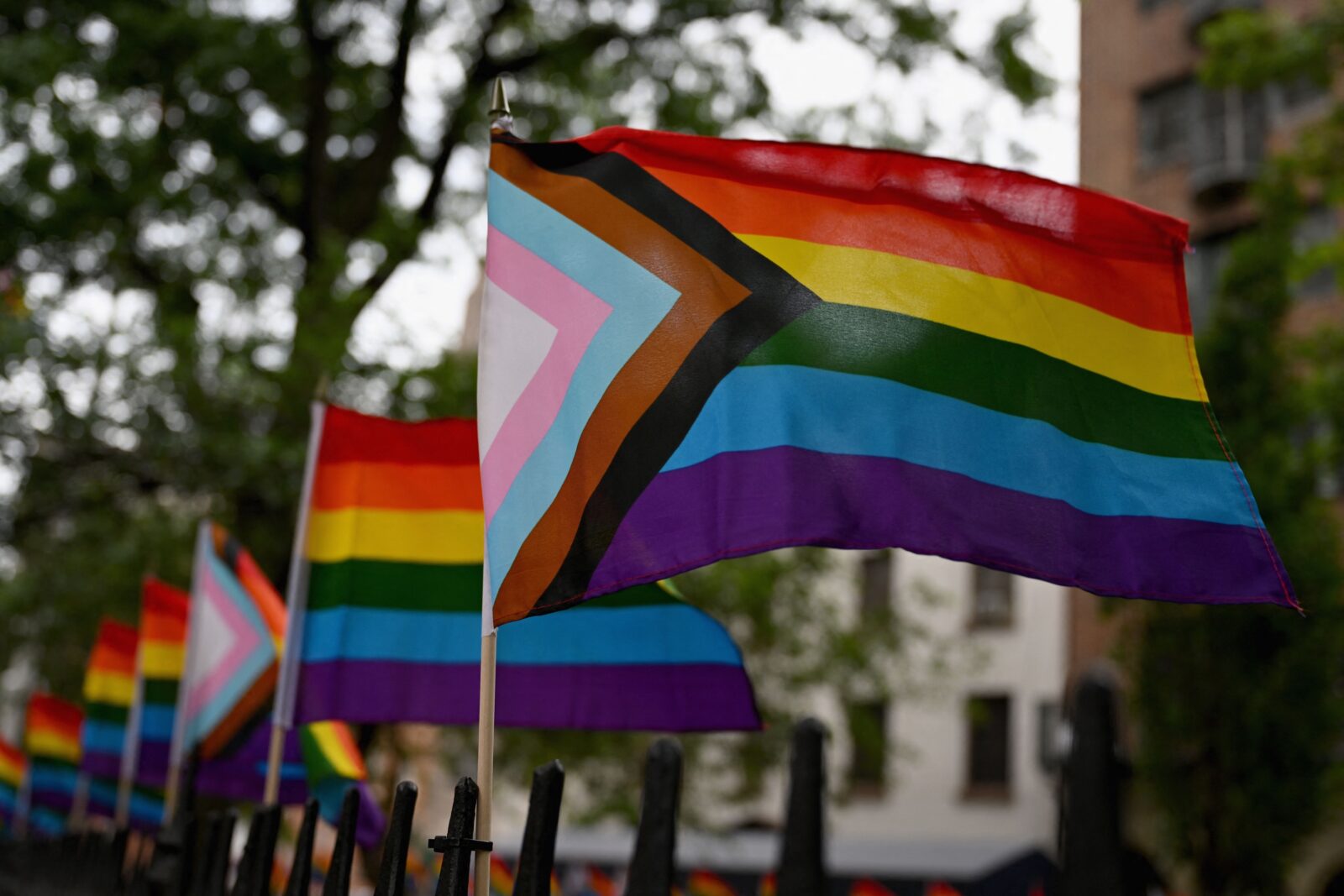This week half a dozen Catholic nuns arrived on a bus in Wheeling. The women are part of NETWORK, a National Catholic Social Justice Lobby, which educates, organizes, and lobbies for economic and social transformation. The Catholic Sisters visited shelters, schools, food pantries, and citizens, in Missouri, Kansas, Arkansas, Tennessee, Indiana, Ohio, and finally, West Virginia as they made their way to Washington DC. The tour is in response to Pope Francis’s call to transform politics and the economy.
This is the fourth national “Nuns on the Bus” tour themed, “Bridge the Divides: Transform Politics.” The 13-day, seven-state tour began in St. Louis, Missouri on Sept. 10 and made its way to Washington, D.C., this week where Pope Francis will be received by President Obama and Congress.
On the bus ride into West Virginia, Executive Director Simone Campbell explained that she and her sisters were coming to talk about the Pope, but also out of curiosity, to gossip about the state.
“I have three virtues for the 21st century that I promote: The first is Holy Curiosity – that we ask each other questions; that we raise issues; that I found out how you think and what are you aware of. The second is Sacred Gossip – once I’ve found what you’ve discovered, then I have a responsibility to tell others; we have to spread the message. The third is the virtue of Doing One Thing.”
Sr. Simone says it’s easy to feel overwhelmed with all the issues that exist in the world today. And that feeling, she says, often leads to paralysis. Her thought is that individuals need only find and focus on one issue, or task.
“So if each of us does one thing, it all gets done because we’re in community. So that’s what I’m just trying to do, is my thing,” she said with a laugh, “and right now it seems to be riding the bus, stirring people up.”
The nuns’ charter bus was wrapped in the Nuns on the Bus logo and several thousand signatures. It pulled into East Wheeling, where a small crowd was waiting. The nuns toured East Wheeling to learn about Grow Ohio Valley, an organization that includes community gardens, greenhouses and an inner-city farm. Kate Marshall of Grow Ohio Valley helped to organize and lead the tour. It was one of the 33 events planned during the 2,000 mile trip.
After a dinner at the Catholic Worker House in East Wheeling, the visit from the Nuns on the Bus culminated with a town hall meeting at Wheeling Jesuit University. Director of WJU’s Appalachian Institute, Beth Collins, reported that about 150 people came out for the event – a mix of students, community members, and church leaders.
“We talked about what divides us as a community and solutions to bridge those divisions,” Collins said. “The sisters also shared stories from the road that were very inspirational.”
Back on the bus, Sr. Simone said she’s praying the pope’s visit will have an impact on legislators.
“I believe in the power of prayer,” Sr. Simone said, “but I also believe in the power of organizing. So the week after he’s here we’re having a big lobby day where over 30 sisters are coming in from all over the country to remind our legislators as they pass a budget to keep our government going, to remember what Pope Francis tells them.”
